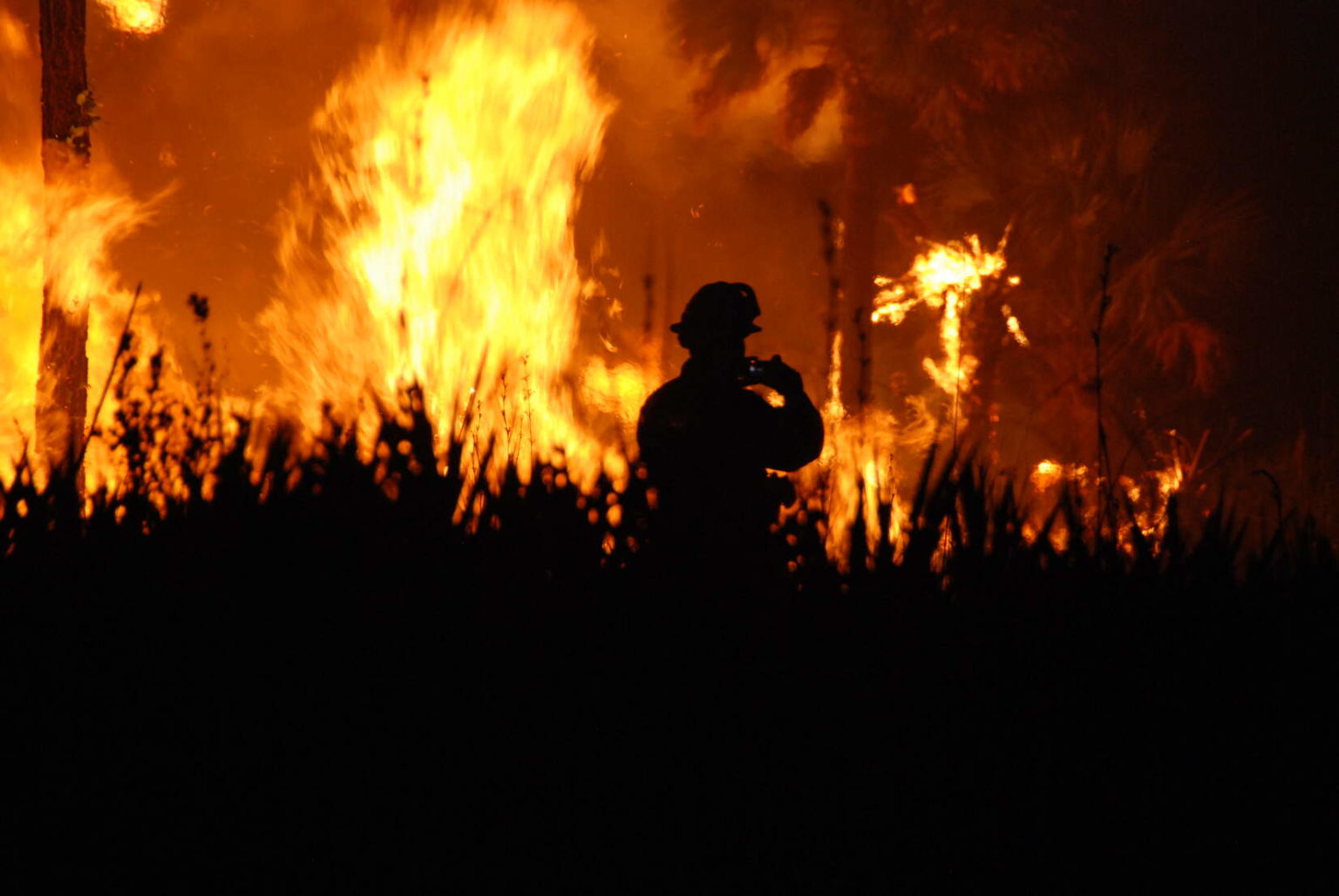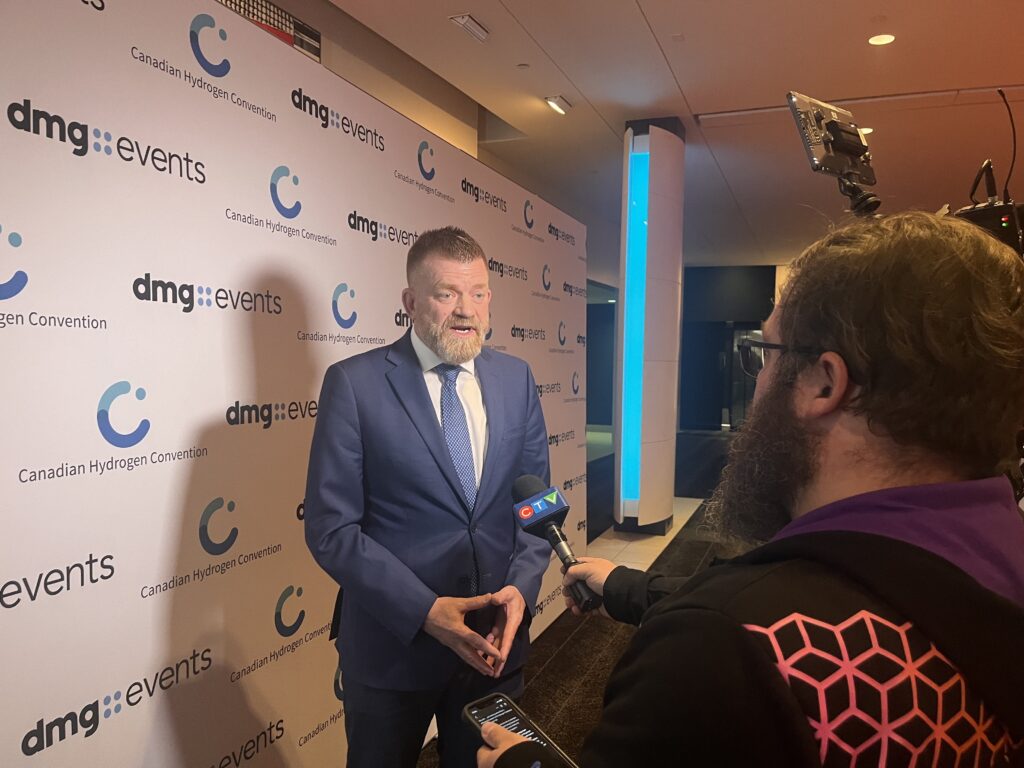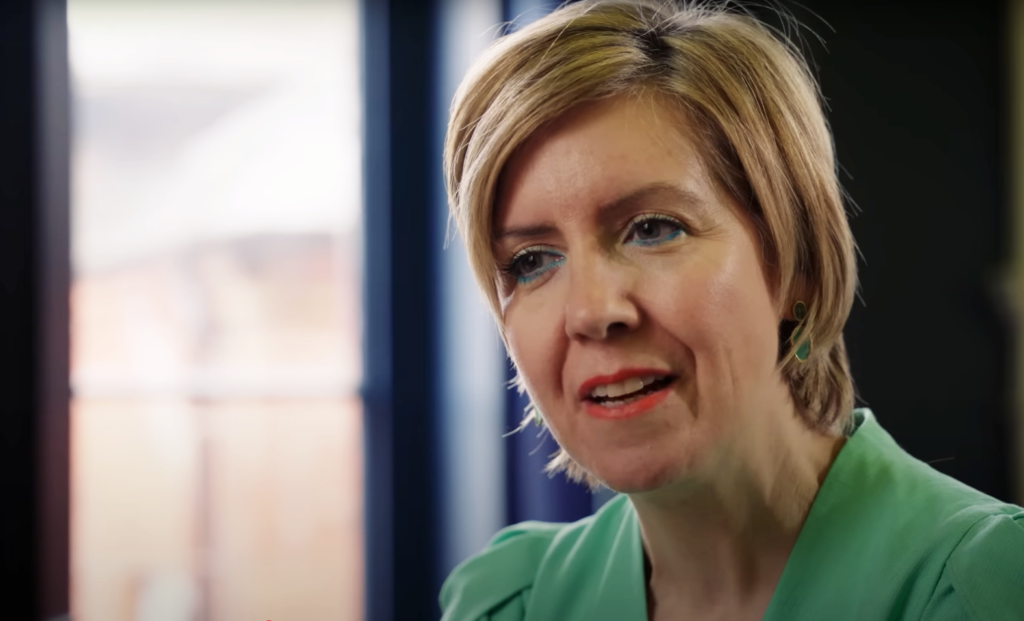At the start of December 2020, U.N. Secretary General António Guterres spoke at Columbia University, appearing not before a packed auditorium as in years past, but before a “virtual” audience, making his annual State of the Planet address. “To put it simply,” he said, “the state of the planet is broken.”
“Today, we are at 1.2 degrees of warming and already witnessing unprecedented climate extremes and volatility in every region and on every continent,” Guterres said.
“Let’s be clear: human activities are at the root of our descent towards chaos,” he went on. “But that means human action can help solve it.”
The speech was a fitting postscript for a year that brought not just the Covid-19 pandemic, but also a pummeling of catastrophes worldwide, many related to climate change.
But amid those disasters and under an openly hostile-to-science Trump administration, momentum continued to quietly build — albeit excruciatingly slowly — away from the burning of coal, oil, and natural gas and towards, perhaps, meaningful action to slow the climate crisis.
The past year may be a difficult one to look back on — but amid the crises, there are signs that long-entrenched powerful interests may in fact be dug in on shaky ground.
Unprecedented Disasters
2020 may well be the warmest year ever recorded, the National Oceanic and Atmospheric Administration (NOAA) announced in mid-December.
Amid that heat came a seemingly unending series of climate-linked disasters, prompting the Red Cross Secretary-General Jagan Chapagain to warn in November that “climate change will have a more significant medium- and long-term impact on the human life and on Earth” than even Covid-19.
The U.S. was hit by a billion-dollar weather and climate disasters 16 times between January and September, according to NOAA — an average of one major catastrophe every 2.5 weeks for 40 weeks.
During this record-shattering Atlantic hurricane season that brought 30 named storms (the historic yearly average is 12), other multi-billion-dollar disasters barely registered in the national media. NOAA’s list includes eleven outbreaks of derechos, tornadoes, hail, or “severe weather” in the central and southern U.S., along with three named hurricanes (Laura, Sally and Isaias).
“It was such a busy and crazy a year that a derecho that savaged the Midwest somehow flew under the radar, despite damage nearing $10 billion, and is barely remembered,” the Associated Press reported of the August events.
Grain bin at the River Valley Cooperative in Martelle, Iowa – the tallest structure in this town of 250 people – which collapsed onto itself, spilling thousands of bushels of corn to the roadway, due to derechos in August. Photo Credit: Phil Roeder, via Flickr.
And while major storms themselves made headlines, the toxic pollution that followed in their wakes often barely registered in the national press — and at times, went unmeasured because monitors were offline.
Fires Around the World
In January, as Wuhan entered its first lockdown and quarantine and the first Covid-19 cases were diagnosed in the U.S., Australia was battling deadly bushfires that ultimately raged across an area twice the size of Florida.
By summer, it was the U.S. Pacific coast that was burning. A horrific fire season this year turned skies blood-red from California to Washington state.
San Francisco smothered in smoke, September 9, 2020. Credit: Christopher Michel, via Flickr
As of December 18, the National Interagency Fire Center had tracked 56,914 wildfires in the U.S., which burned across more than 10.25 million acres.
“We’re seeing fires in places that we don’t normally see fires,” Crystal A. Kolden, a University of California, Merced professor of fire science, told the New York Times in September. “Normally it’s far too wet to burn.”
That’s in part because 2020 also brought an extraordinary — but relatively less discussed — drought that spread across a third of the U.S. “Compared to late 2019 and early 2020, when there was very little drought in the continental United States, this is quite an extreme single-year event that developed rapidly over the course of 2020,” Benjamin Cook, a climate scientist at NASA’s Goddard Institute for Space Studies, said. “But if you look over longer time scales, I would argue this is really a continuation of a multi-decadal event that began around 2000. There have been some breaks, but the Southwest has been in more-or-less continuous drought conditions since then.”
Not only did California’s wildfires continue into December, but a third major wildfire system further south also burned this year while attracting less global attention. In Brazil, the Pantanal wetlands — afflicted by drought — caught fire repeatedly this year and burned rapidly, with the blazes consuming a quarter of the tropical wetlands in what the World Wildlife Fund* calls “one of the most biologically rich environments on the planet.”
And this summer, the Arctic, which has seen climate heating at roughly double average rates, not only experienced an abnormally hot summer — with temperatures in the Siberian town Verkhoyansk hitting 100.4°F, the highest temperature ever recorded within the Arctic circle — but the Siberian tundra then broke out in wildfires of its own.
Plummeting Fossil Fuel Prices
But amid all the crises, signs of a different shift have begun to emerge — one that may have some potential to alter the climate trajectory we’ve stayed on for decades.
The oil, coal, and gas industries went into 2020 in rough financial shape, generating the lowest returns in the S&P 500 in 2019 after underperforming compared to the rest of the economy for a decade. That was before the price of oil plunged — and even, for a very brief moment in April, dipped far below zero.
Oil prices go negative, but no one is going to pay you to drive: https://t.co/eqVxKs05RQ pic.twitter.com/tBelmU0nDl
— Car and Driver (@CARandDRIVER) May 7, 2020
Take, for example, ExxonMobil, which has continually doubled down on fossil fuel expansions. “The company, for decades one of the most profitable and valuable American businesses, lost $2.4 billion in the first nine months of the year, and its share price is down about 35 percent this year,” The New York Times reported in December. “In August, Exxon was tossed out of the Dow Jones industrial average, replaced by Salesforce, a software company.”
Also in December, Exxon’s former CEO Lee Raymond, incidentally, quit the board of JPMorgan Chase, a role he’d held for more than three decades. Divestment campaigners at 350.org took credit for an ouster, calling it “a sign of the changing winds of financial institutions taking climate action seriously.”
Cheap Renewables
In contrast, renewable energy sources like solar and wind have proved to be relatively resilient — or, in the words of Fatih Birol, director of the International Energy Agency, in November, “immune to Covid.”
Utility-scale renewable energy saw costs continue to fall, making renewable energy often cheaper than fossil fuels — and installations reflected that competitiveness. “For solar, for example, new U.S. residential installations will be basically flat for 2020, and new non-residential (commercial, industrial, and institutional) megawatts will be down from 2019’s tally,” The Union of Concerned Scientists, an environmental organization, writes. “But large-scale projects have mostly been able to keep happening, boosted by favorable (but declining) tax incentives, and their successes will be enough to actually propel solar to a record year: We look set to have a total of more than 19,000 megawatts in new solar power capacity, 43 percent above 2019’s installations, and 20 percent above the previous record.”
Solar installer. Photo Credit: Tool Dude, via mechanicalcaveman.com
Building electrification efforts also spread in 2020. As of December 2, Sierra Club tracked 40 communities in California that had made that commitment, and 50 more considering all-electric policies. While electricity is still mostly generated by fossil fuels, those efforts lay the groundwork for renewable energy and proponents claim they will help reduce a single-family home’s emissions by up to 90 percent within 30 years.
Exposing Risk
This year also saw investigative reporting into ways that, for example, automakers GM and Ford have known for a half-century that climate change was underway and failed to act. Journalists have also exposed the ways that PR firms like FTI Consulting used deceptive campaigns and front groups to spread pro-fossil fuel propaganda.
The impacts of climate change drew closer scrutiny from large financial institutions. “More banks are getting buyers in coastal areas to make bigger down payments — often as much as 40 percent of the purchase price, up from the traditional 20 percent — a sign that lenders have awakened to climate dangers and want to put less of their own money at risk,” the New York Times reported this summer. “And in one of the clearest signs that banks are worried about global warming, they are increasingly getting these mortgages off their own books by selling them to government-backed buyers like Fannie Mae, where taxpayers would be on the hook financially if any of the loans fail.”
That, of course, isn’t exactly a heartwarming story of hope — but it is a sign that efforts by fossil fuel companies to sow confusion and doubt on climate change are becoming less and less compelling to decision-makers.
Moving Forward
The year also saw Black Lives Matter protests become what the New York Times called the “largest movement in U.S. history” in the wake of the police murder of George Floyd in Minneapolis. This summer’s uprisings across the U.S. brought growing attention to widespread, institutionalized racial injustice — and echoed with the idea that, as marine biologist and Urban Ocean Lab founder Ayana Elizabeth Johnson put it in a June column in Time magazine, “we can’t solve the climate crisis unless Black lives matter.”
In 2021, in addition to taking a more intersectional approach towards environmental justice, climate activists have vowed to keep the pressure on the incoming Biden administration — which has promised to move the U.S. towards a net zero pathway. If it does so, the U.S. will join China, Japan, and South Korea which all announced net zero emission targets this year.
This shift, according to the Financial Times, means that the Paris goals aren’t entirely out of reach. “‘If all these countries meet their long-term targets of net zero, then the Paris agreement goals are within reach again,’ says Niklas Höhne, professor of environmental systems at Wageningen University in the Netherlands,” as the FT reported in December. “Warming of 2.1C is now likely by the end of the century — much lower than seemed likely only a few years ago, according to analysis he has done with colleagues at the NewClimate Institute and at Climate Analytics, both non-profit research groups.”
The picture, of course, looks a lot more grim when you take into account countries’ questionable records of delivering on Paris pledges, the FT adds.
School strike week 121. Tomorrow marks 5 yrs since the Paris Agreement. 5 yrs of inaction and creating loopholes.
We can’t go on like this.
Time to move from distant ”net zero” targets to real zero with binding, annual CO2 budgets starting now.#FightFor1Point5 #fridaysforfuture pic.twitter.com/LhYs30F7Sv— Greta Thunberg (@GretaThunberg) December 11, 2020
While this was a year of compounding and overlapping crises and tragedies, there is perhaps some glimmer of hope to be found in the fact that some of the past year’s under-reported stories could signify — depending on what we all do in the coming days — that structural shifts may be underway and that, as U.N. Secretary Guterres suggested, as 2020 comes to an end, some elements of the climate crisis remain unwritten.
*Updated 1/4/2021: The World Wildlife Fund’s (WWF) name has been corrected from “World Wildlife Foundation.”
Main Image: A wildfire at Florida Panther NWR, April 2009. Photo Credit: Josh O’Connor – USFWS.Subscribe to our newsletter
Stay up to date with DeSmog news and alerts










